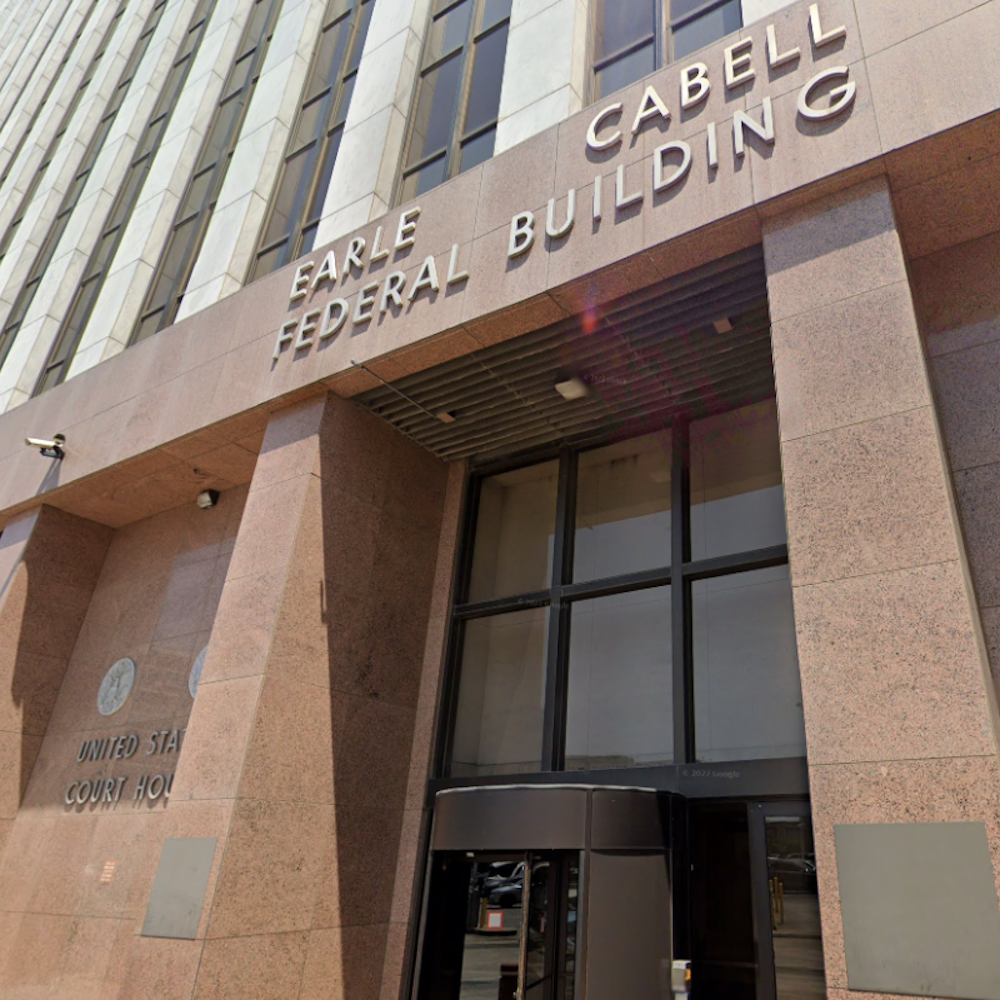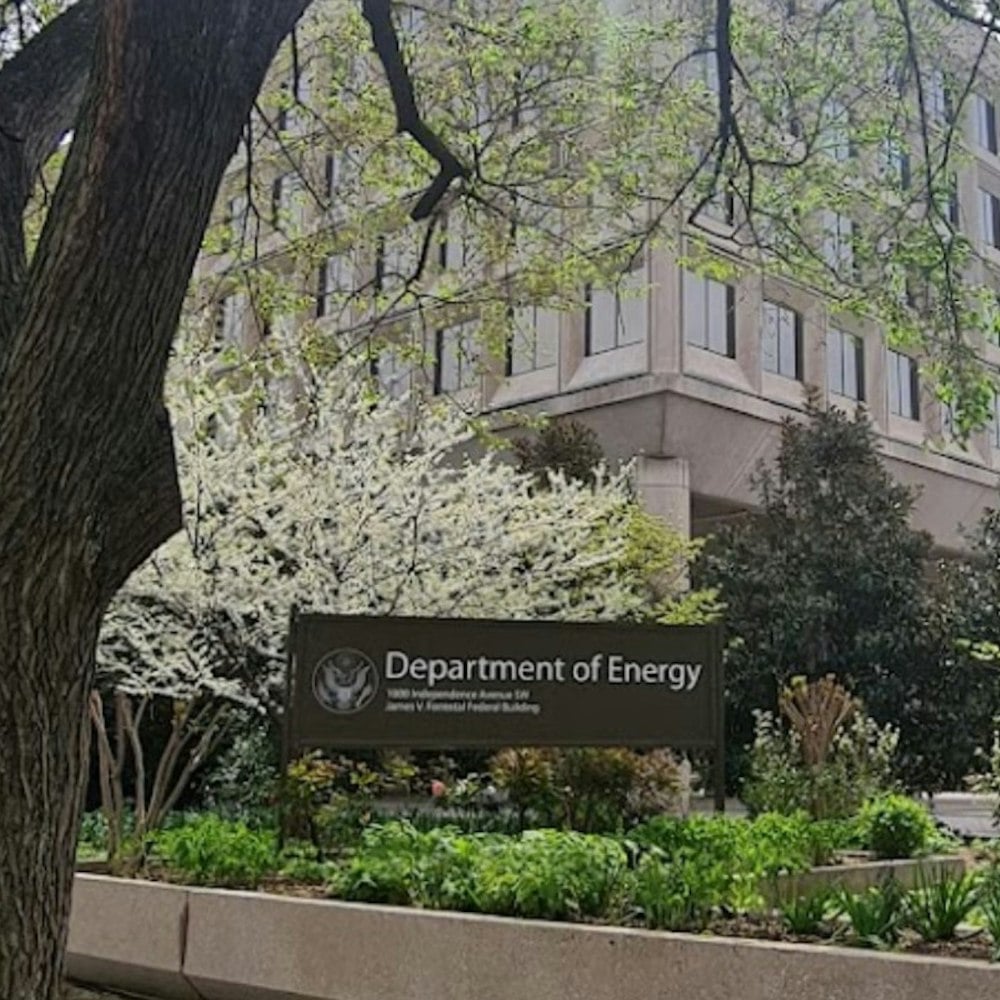
In a decisive victory for transparency, a federal judge has sided with Attorney General Bob Ferguson, ruling against the Seattle-based plastic surgery provider Allure Esthetic and its owner, Dr. Javad Sajan, for illegally blocking patients from posting unflattering reviews online, as reported by the Attorney General's Office. The judge's ruling came ahead of a trial set for September, it stamped illegal the act of coercing patients into non-disclosure agreements before their treatments.
The non-disclosure agreements in question barred more than 10,000 patients from sharing their genuine experiences, this gag tactic emerged only after these clients had already paid a $100 nonrefundable consultation fee, a one-two punch smacking of deception. U.S. District Judge Ricardo S. Martinez decreed these “pre-service” non-disclosure agreements infringed upon federal laws aimed at safeguarding the consumer's right to post honest reviews about businesses, including those in the medical sector.
This lawsuit also paints a grim portrait of Allure's alleged tactics to manipulate their online reputation, from intimidating patients into pulling down negative commentary, to creating counterfeit positive reviews and even distorting "before and after" photos to misrepresent surgical outcomes. "Online reviews are often the first stop when consumers are determining who to trust," Ferguson emphasized, noting the critical nature of reliable information for services intimately tied to patients' health and safety.
Allure Esthetic, known also by several other names, such as Gallery of Cosmetic Surgery and Seattle Plastic Surgery, stands accused of practices that, if proven in court, could show a pattern of flagrant disregard for ethical conduct, patient privacy, and truthful advertising. In an era where over 70% of individuals lean on online reviews to choose a new doctor, according to a 2020 survey, the importance of maintaining an unblemished web image for a business, especially one in healthcare, seems to have spurred Allure's alleged misconduct.
The implicated non-disclosure agreements from 2017 to 2019 had effectively made leaving a review with less than four stars taboo while asserting that patients could face financial penalties if they didn't retract negative feedback. The Attorney General’s lawsuit, as it details these non-disclosure demands, argue they not only silence dissatisfied patients but also blatantly breach the Health Insurance Portability and Accountability Act (HIPAA) by potentially exposing personal health information.
As the community waits for the trial, the judge's ruling marks a clear signal to entities that the right to honest discourse will be fiercely protected, and that any attempts to mute it will not only be exposed but painstakingly uprooted. As Ferguson put it, the fight is to ensure Washingtonians have unfettered power to share their experiences with the public, integral in a domain where trust is as fragile as it is essential.


-3.webp?w=1000&h=1000&fit=crop&crop:edges)






